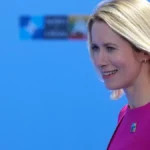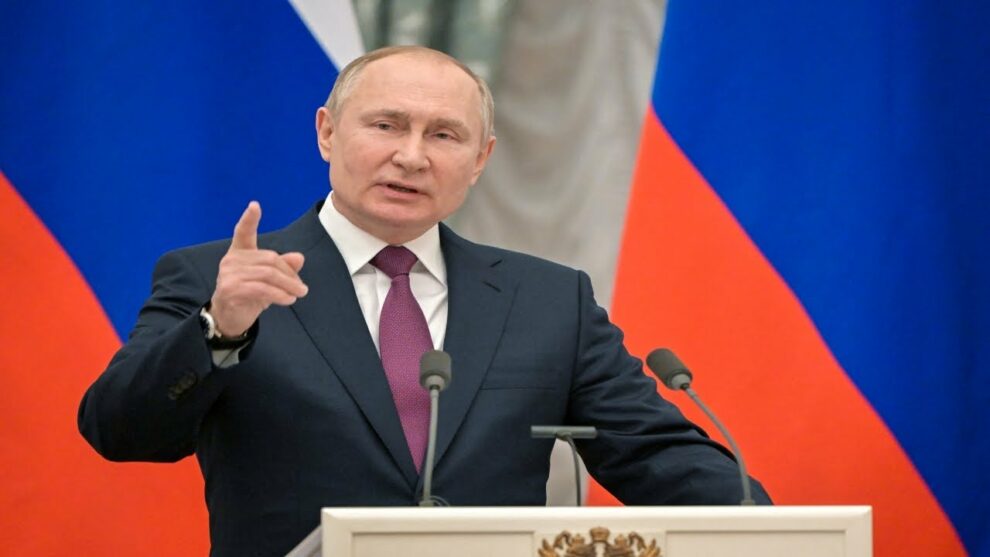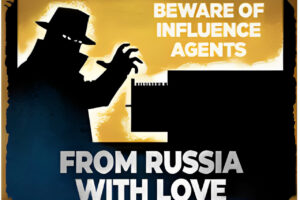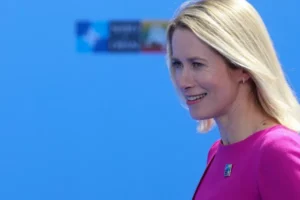The 2019 Russia-Africa Summit was attended by the heads of 43 African states. They had high hopes that Russia would become a new source of investment and trade for the continent. Russian President Vladimir Putin promised to double Russia’s trade with Africa in five years to US$40 billion .
Since then, Russia’s trade with the continent has dwindled to $14 billion. It is one-sided: Russia exports seven times more than it imports from Africa. In addition, 70% of this trade is concentrated in just four countries : Egypt, Algeria, Morocco and South Africa.
Russia invests very little in Africa . It accounts for 1% of foreign direct investment directed to the continent. Mauritius is a major source of FDI for Africa. In addition, Russia’s gross domestic product has shrunk from $2.3 trillion in 2013 to $1.8 trillion in 2021.
Despite these declining economic ties, Russia’s influence in Africa has expanded rapidly since 2019. Russia sent troops to the continent and became the dominant external partner in several countries. Russian disinformation campaigns in at least 16 African countries are shaping the information environment on the continent.
Much of this was achieved by irregular means . These include supporting isolated authoritarian regimes through a combination of Wagner paramilitary deployments , election interference, disinformation, and arms-for-resources deals.
Each of these tactics is destabilizing for the host country.
As expected, half of the two dozen African countries heavily influenced by Russia are in conflict . Similarly, Russia is undermining UN operations in African countries , where Moscow is vying for influence, further exacerbating instability.
Despite Russia’s increasingly aggressive policy on the continent and in the world, the St. Petersburg summit is expected to be attended by about the same number of African heads of state this year as in 2019. More significant than any announced commercial deals are the political and financial benefits that the Russian and African elites expect to receive. By closely following Russia’s subversive intervention in Africa over the years, the biggest losers will be ordinary citizens who will pay for these exclusive partnerships through higher taxes, more instability and less freedom.
The Russia-Africa summit has obvious advantages for Moscow. It conveys perceptions of normalcy after Russia’s invasion of Ukraine , the International Criminal Court’s arrest warrant for Putin for war crimes, and the aborted uprising led by Wagner leader Yevgeny Prigozhin .
While Russian-African economic ties are modest, the continent provides Russia with a global arena from which Moscow can inflate its geostrategic position. Africa means more to Russia than Russia does to Africa.
Plus for Moscow
Given Russia’s track record of destabilizing the continent since 2019, it begs the question why African leaders even considered attending the St. Petersburg summit .
Security deteriorated in every African country where Wagner worked, while human rights violations skyrocketed . Local residents were intimidated and forced to leave their homes, where Wagner was granted access to mining operations, effectively annexing these territories.
Moscow flirts with some of these regimes by providing protection from international sanctions for human rights violations or violations of democratic practices. Not surprisingly, the African countries in which Russia is most involved have an average democracy score of 19 . The median for African democracy is 51 on Freedom House’s 100-point scale .
The summit is a chance to show that this is business as usual for Russia. And that Russia is not a pariah, but enjoys the implicit approval of its violations of international law by African heads of state.
The summit also highlights the growing importance of Africa for Russian foreign policy. Africa remains the continent most hospitable for Russian participation . He is also the least willing to criticize Moscow for its land grabs in Ukraine . Russian Foreign Minister Sergei Lavrov has made at least eight visits to Africa since Russia launched the attack in March 2022.
Questionable Benefits for Africa
Anemic investment, normalization of autocracy, fomenting instability, and meddling in Africa’s domestic politics do not seem like a winning strategy for building a long-term partnership.
It is one thing to take a non-aligned stance on Russia’s invasion of Ukraine, which may seem like a distant conflict. But why would African leaders continue to engage with a foreign player with a history of undermining stability on the continent?
A sober assessment of national interests is not convincing. Instability caused by Russia’s unorthodox tactics threatens to transcend borders and breed sovereignty crises on the continent.
Undermining the rule of law is also damaging the continent’s reputation as a safe haven for investment and international partnerships.
Russian influence operations are almost always aimed at helping incumbent (usually autocratic) regimes maintain power. Opaque mining and arms deals are often part of the package. African leaders who benefit from this tactic welcome Moscow’s initiatives.
Other African leaders see engagement with Russia as a tactic to gain more support from the West.
A minority may naively view their participation as a real opportunity to get more Russian investment or to encourage more constructive Russian participation. Expected announcements of deals in mining, energy, grain, transport and digitization at the summit will be a fig leaf for all participants. Even if such plans never come true.
Reality check
The reality is that Russia’s strategy of elite cooperation is widening the gap between the interests of African leaders and citizens. Citizens regularly say they want more democracy , job creation, and the rule of law. Russia’s actions on the continent undermine all three.
The “gap of interest” between African leaders and citizens points to another conclusion of the summit: most African political leaders will not advocate for reforms in citizen priorities for better governance, development and security. Rather, leadership in these interests should come from African civil society, the media and independent judiciaries.
Moscow will certainly use this year’s meeting in St. Petersburg to conjure up images of common interests between Russia and Africa. The key question for African citizens is: whose interests are being served?
Source: The Conver Station















